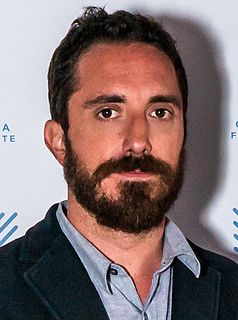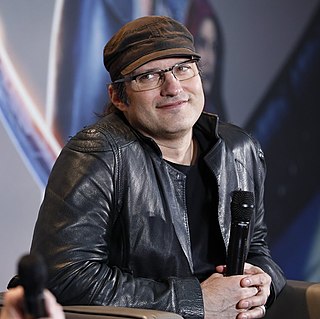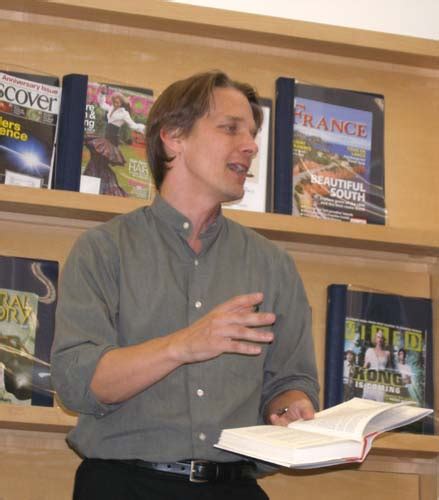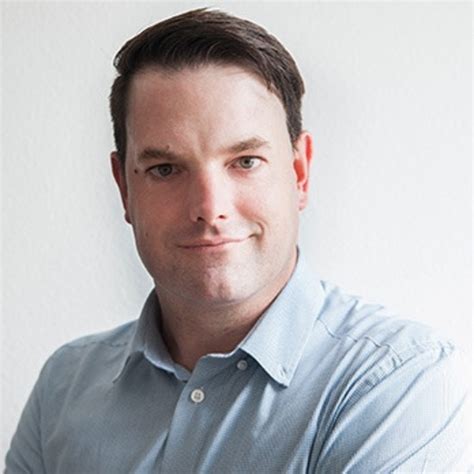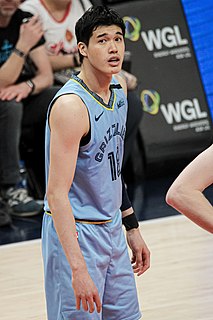A Quote by Pablo Larrain
There are some filmmakers like the Coen brothers that are very precise. They make shooting boards, they do it shot by shot, and they follow every single line in their own script. They make amazing movies, and I admire them so much, but I can't do that. I have no idea how the movie will exactly be. While shooting, I just try to create an accident that I don't control very well - grabbing things from different sources and ideas, and then having a sensation somewhere that it will make sense.
Quote Topics
Accident
Admire
Amazing
Boards
Brothers
Coen Brothers
Control
Create
Different
Every
Exactly
Follow
Grabbing
Having
How
Idea
Ideas
Just
Like
Line
Make
Make Sense
Movie
Movies
Much
No Idea
Own
Precise
Script
Sensation
Sense
Shooting
Shot
Single
Single Line
Some
Somewhere
Sources
Them
Then
Things
Try
Very
Well
While
Will
Related Quotes
If you do all that work of figuring out exactly how writing is done, then it's available to you at anytime, and you can build on it. It's like the difference between shooting one hoop and having it go in by accident and saying later, 'I shot a basket,' - and practicing so much you can do it whenever you want.
I try to respect the rules of the silent movies and I tried to make signification to make sense, and also the crew were very good and the fact that we shot in LA in the real Hollywood, studios and houses. We shot in the bed of Mary Pickford, and you cannot be any more accurate than that, so that helped a lot.
When you try to be true to the script, changes occur. A script is there to show us a certain direction. But when you actually have the actors in and you start shooting the movie, you have the actor say a line and it doesn't sound right so you change it and make it different. It's the script that gives birth to these changes and the more you try to stay true to the script, the more that happens.
While directing in theater that the actors will - I don't know if it's competitiveness or what it is, but they love to make each other laugh. They love to impress each other in rehearsal. They'll try something for a reaction. But in film, you're very often not all together in the room at the same time. You're shooting one day, somebody else is shooting the next. It's a totally different dynamic.
I think every filmmaker in Europe would be lying if they didn't say one day they just wanted to make a movie here in Hollywood or at least try it. It's very different from European filmmaking, because here it's like a real industry. It's very much about money and making money, which I think is fine, because it's very expensive to make movies.
In terms of how I work with actors, having worked so heavily on the script I have a very clear idea of the characters; they are reasonably well illustrated in the script. If you cast it right, to a great degree you can hand it over to the actor and I just make suggestions. I'm not the kind of director who needs or wants to get into too much finessing. Ideally, when you hit the set, you have this conversation, like, 'eh, what did you think?' 'I don't know, what did you think?' 'Why don't we just try it again, make a few physical changes.'
'Toybox' is that kind of game that will stretch your mental capacity by doing very simple things like solving an easy puzzle of shooting aliens. You'll just need to do everything at the same time to make it through alive. Just to make things tricky, the tasks change every week so you can't get used to any set.
What you really need to build a character is exactly what you don't have in the movies - time. You know, movies are like a line drawing. You have to make very quick decisions, which are, in the end instinctive. Or you make a decision to say "Well, maybe I can do that, because... Oh, that could be irritating after a while, or distracting, etc. etc." Some of it is a matter of time, always.
As a young filmmaker, I shot a lot of stuff because I wanted to make sure that I got everything, but now I've gotten much more precise with my shooting. Editing is a whole other layer because then, sometimes you realize characters don't even need to say this or that. It becomes an issue of exposition, and over-explaining something. In the script, I'd reinforce certain things about what I wanted people to know two or three times, but in the editing room, I'd be like, "I only need to say this once, maybe twice."
I was never a critic. I was a journalist and wrote about filmmakers, but I didn't review movies per se. I make that distinction only because I came to it strictly as someone who was just a lover of storytellers and cinematic storytellers. And I still am. I'm still a great movie fan, and I ,that love of movies is very much alive in me. I approach the movies I make as a movie-lover as much as a movie-maker.
